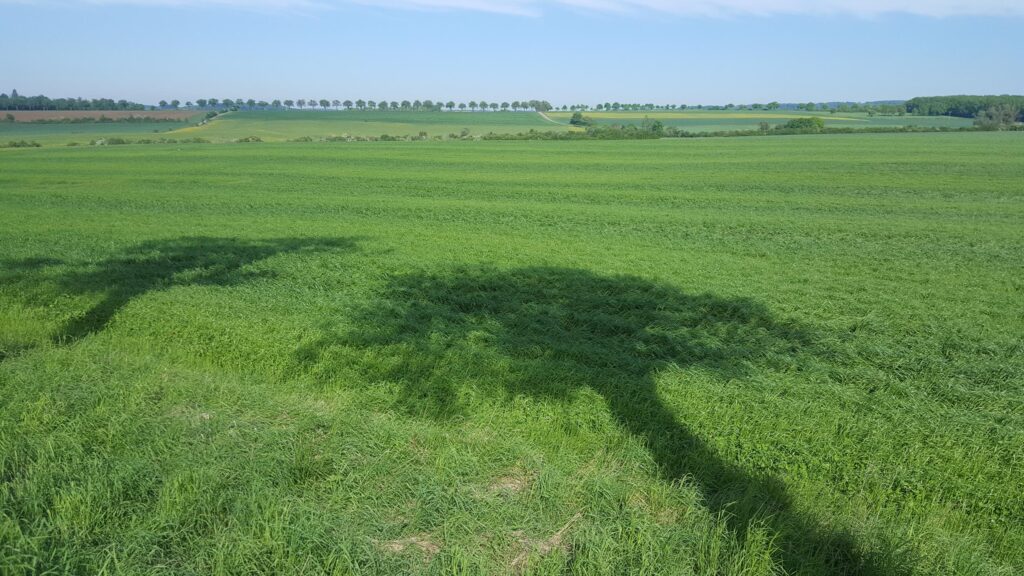In a way, time is a recent concept.
A clock is a tool that was only created a few hundred years ago.
Sundials have been there to help us asses the rhythm of a day.
A clock is a different type of instrument, it allows for precise knowledge of the time in a given moment and it works all day long. This made it an ideal instrument to help people coordinate with each other. It also creates the possibility to organize oneself with others. The more precise our ability to indicate time, the more the clock invited us to organize ourselves depending on time.
We don’t have video conferences at sunrise, we have them at a given time across time zones.
It’s the moment time becomes an external force, something we use as an orientation. Something into which we have to integrate our work. Maybe even our lives.
To take the image to its edges: the language we use shows how frightening time has become. We live with the idea of deadlines.
The word doesn’t only sound like “life and death” it is. The original meaning of deadlines was
a line drawn within or around a prison that a prisoner passes at the risk of being shot
Instead of seeing time as an external entity (or what the Greeks called chronos) we can see it as something we create (kairos).
Creating time is a concept we luckily also have in our language. Sadly, it is usually about finding time within deadline activities.
Things are different when we’ve found a subject of interest in which we find satisfaction. We naturally create time for it.
It’s worth it to think about creating time first. It might still need organization and a clock, but if we put creating time first, we are living up to the choices we have.

